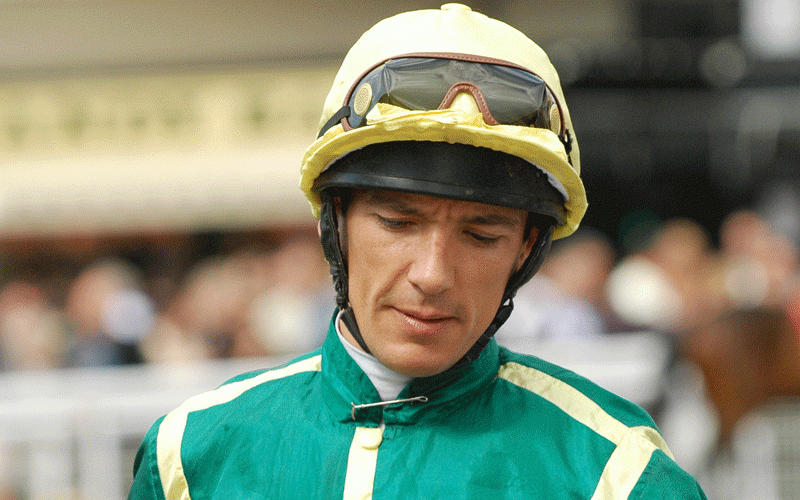
It is generally accepted that a good book will have a good balance of plot, characters, setting and theme. Often, however, the plot is less important than the depth of characterisation. What actually happens is not as interesting as the characters involved and how they react to the events, all the more so as how they react to each other. This then affects and contributes to the theme.
One of the great novels in the English Language is generally recognised to be Jane Austen’s ‘Pride and Prejudice’, which centres around the relationship between Mr Darcy and Elizabeth Bennet. The title of the novel obviously gives a clear idea of the central theme, with Mr Darcy being the paragon of pride (“haughty and aloof”) while Miss Bennet is prejudice personified. Remarkably, they end up marrying. What is more remarkable perhaps, is the admission that Mr Darcy makes to Elizabeth.
Later on in the relationship (Chapter 58), Darcy confesses to Elizabeth that “I have been a selfish being all my life, in practice, though not in principle. As a child I was taught what was right, but I was not taught to correct my temper. I was given good principles, but left to follow them in pride and conceit. Unfortunately, an only son (for many years an only child), I was spoilt by my parents, who, though good themselves (my father, particularly, all that was benevolent and amiable), allowed, encouraged, almost taught me to be selfish and overbearing; to care for none beyond my own family circle; to think meanly of all the rest of the world; to wish at least to think meanly of their sense and worth compared with my own.”
The evidence of him being spoilt (above) can be summed up in his own words: he was selfish, proud, overbearing, independent (“care for none beyond my family”), loutish (“think meanly of all the rest of the world”) and temper (“not taught to correct my temper”); such adjectives provide the perfect acronym - S.P.O.I.L.T. Yet he acknowledged that his parents were “good themselves” and “benevolent and amiable”. They were good adults, but not good parents. Indeed, the intentions as a parent may be good, but the effect may be to spoil our children by not correcting their attitudes. Darcy was privileged, and privileged children in particular can be very spoilt.
Perhaps in a similar moment of epiphany, Petra Stunt, nee Ecclestone, a British heiress (being the daughter of Formula 1 boss Bernie Ecclestone), as well as being a model, fashion designer and socialite, once declared that “I realise I am very privileged. But there's a difference between being spoiled and privileged.” There may be a difference but the latter can soon lead to the former. It is interesting too that in the novel, Elizabeth herself comes to a similar realisation: "Mr. Darcy, I am a very selfish creature; and, for the sake of giving relief to my own feelings, care not how much I may be wounding yours.” Her selfishness led to her being prejudiced against Mr Darcy in the early days of their relationship – and she too was never brought up to realise that she was spoilt.
The character Martha Sowerby in Frances Hodgson Burnett's novel ‘The Secret Garden’ stated that “Mother says as th’ two worst things as can happen to a child is never to have his own way — or always to have it. She doesn’t know which is th’ worst.” She recognises that both attitudes can spoil a child. How we raise our children is absolutely crucial. There is good advice in Darcy’s admission for us as parents. While setting a good example is absolutely crucial, we must not spoil our children; we must not allow, encourage or teach them to be selfish.
There is hope, however! A leading philosopher of the twentieth century, CS Lewis, once wrote that “Badness is only spoiled goodness”; we, therefore, have a responsibility as parents to ensure we do not spoil the goodness in our children. To do that, we must not spoil them, either with letting them have their way all the time or never having it.
‘Pride and Prejudice’ was unquestionably a classic novel. Pride and prejudice are evils we must eliminate; we should rather follow the proposed title of ‘Prayer and Principle’. Mark Twain, a great novelist himself, is often famously remembered for stating that “Golf is a good walk spoiled”. Leaving aside our own thoughts on that matter, we do well to understand that pride is a good child spoiled. The plot is simple: raise a good child – a classic one. There is nothing novel there.
- Raising a child badly
Keep Reading
There is something in the way a teacher teaches and thus moves that will attract a child like no other. A car without fuel is useless; a body without a heart is dead. An education without the heart is worthless. We need to get the hearts of our pupils racing!
Tim Middleton is the executive director of the Association of Trust Schools [ATS]. The views expressed in this article, however, are solely those of the author in his private capacity and do not necessarily represent the views of the ATS.
email: ceo@atschisz.co.zw website: www.atschisz










